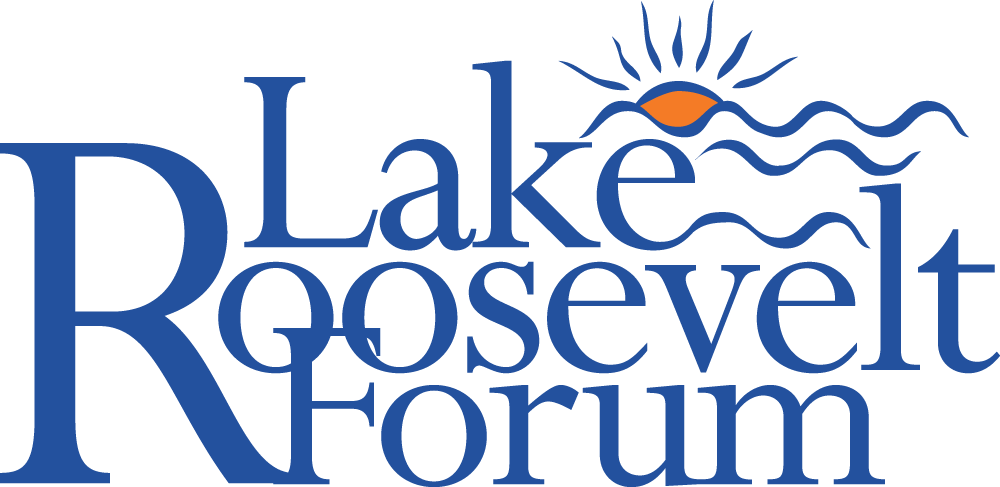As reported in the Winter 2023 newsletter, EPA divided the Upper Columbia River Site into multiple operable units (OUs) for completion of the Remedial Investigation and Feasibility Study (RI/FS). The RI/FS began in 2006 as part of a Settlement Agreement between Teck American Incorporated (TAI) and EPA. The RI will determine whether and where there may be unacceptable risks to people or the environment due to legacy smelting operations. The FS will identify various remedial alternatives to address unacceptable risks documented by the RI risk assessment process.
TAI submitted two major RI/FS documents for the OU 3 Upland portion of the UCR Site in 2021. The 2021 documents included the draft Upland Baseline Ecological Risk Assessment (BERA) and the draft Upland Remedial Investigation (RI) Report. EPA provided comments to both documents, including the draft final version of the Upland BERA received in February 2023. In May 2023, EPA disapproved TAI’s draft/final Upland BERA. By taking this action, EPA assumed responsibility for revising and finalizing the Upland BERA as allowed for by the 2006 Settlement Agreement. EPA is working with TAI to ensure that the upcoming draft final version of the Upland RI will address EPA’s major comments.
TAI is currently preparing BERA and RI reports for the two aquatic OUs at the UCR Site. OU 1 primarily consists of the upper, river-dominated, section of the Site north of Kettle Falls; OU 2 consists of the lower, reservoir-dominated (Lake Roosevelt) section of the Site extending down to Grand Coulee Dam. The draft Aquatic BERA will evaluate risks to plants, fish and other wildlife living in and near the water at OUs 1 and 2. TAI will submit the draft Aquatic BERA document to EPA later in 2023.
Also, EPA has started an investigation to evaluate potential risks to plants and wildlife in upland lakes and wetlands located in the northern part of the Site. The investigation is a follow-up to earlier lake studies, including those conducted by Ecology in 2010 and 2012. These prior studies identified elevated metal concentrations in selected lake and wetland-area sediments. EPA will collect the necessary environmental samples and present study results as supplements to the Upland BERA and RI reports. The schedule for the upland lakes and wetlands study will be set later in 2023.
TAI is developing a work plan for a sediment transport study in consultation with EPA. The purpose of the study is to predict how contaminated sediment moves and/or is buried in the UCR over time. How sediment moves in the river is important in understanding the nature of and how widespread the contamination is, and how to clean it up. The sediment transport study is primarily an evaluation of existing data and is not expected to include field sampling or data collection efforts. EPA must first approve the work plan before it can set a schedule for the study.
For details about RI/FS progress over the years, visit lrf.org/publicguides and the lrf.org/lake-roosevelt/news.

